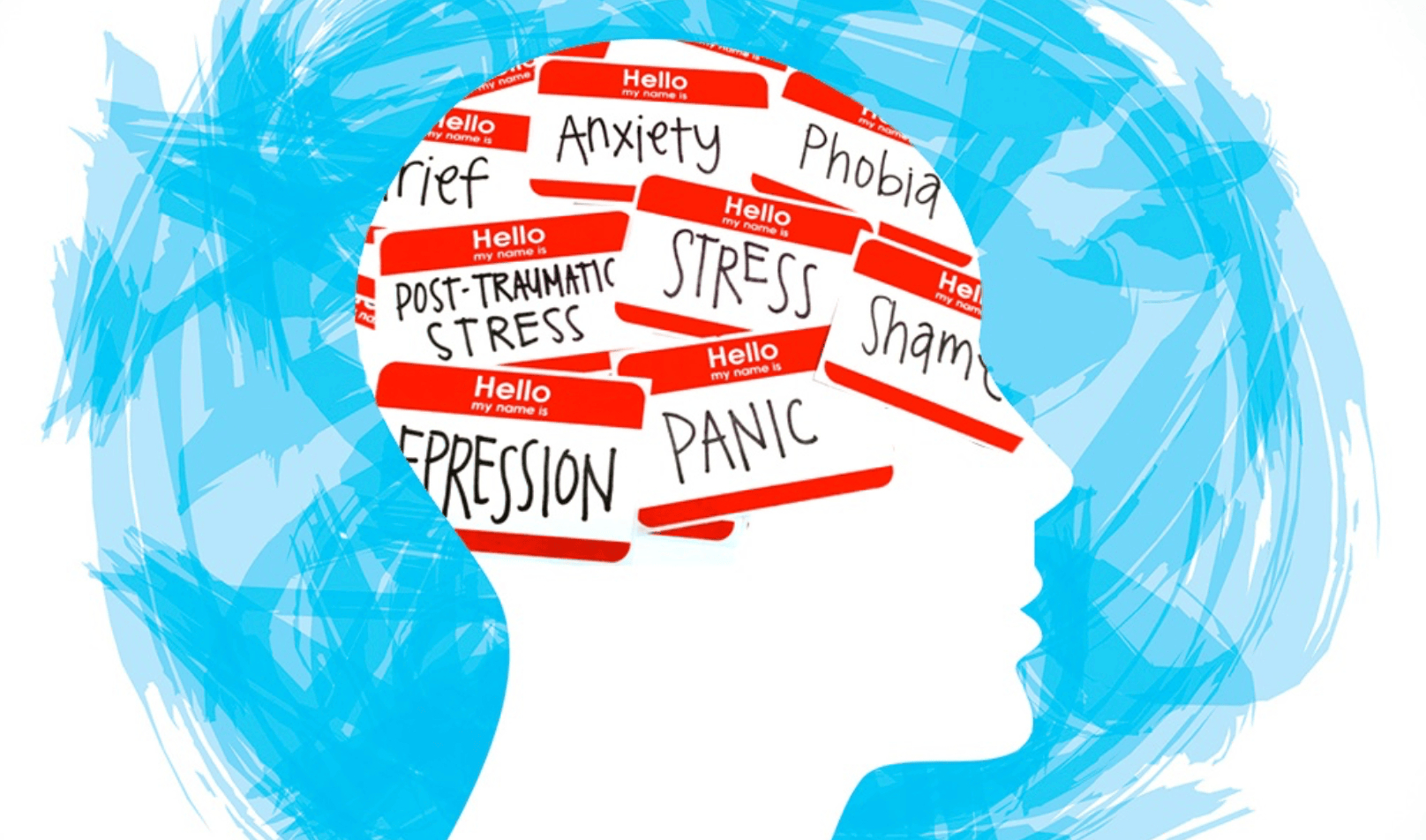Achieving Stability with Specialized Inpatient Mental Health Treatment
Achieving Stability with Specialized Inpatient Mental Health Treatment
Blog Article
Inpatient Mental Wellness Solutions: A Path to Recovery and Stability
Inpatient psychological health and wellness solutions play a critical function in attending to intense psychological situations, offering a meticulously organized atmosphere that cultivates healing and security. These solutions not just include detailed assessments and individualized treatment strategies however also offer continuous access to restorative interventions and medical assistance. The significance of this technique prolongs past prompt relief, recommending a transformative effect on long-lasting mental health. However, the complexities of the admission process and the significance of aftercare raising important concerns about access and efficiency in the broader context of psychological healthcare. What implications might these variables have for individuals seeking aid?
Understanding Inpatient Mental Wellness Providers
Inpatient psychological wellness solutions are important for providing organized and intensive like people experiencing serious emotional distress or psychological ailment. These services usually include the admission of people to specialized facilities where they get continuous supervision and support from a multidisciplinary group of mental health experts. The primary objective of inpatient treatment is to maintain clients, ensuring their safety and dealing with acute signs and symptoms that may pose a danger to themselves or others.
Inpatient programs usually include a series of therapeutic treatments, consisting of individual and team treatment, drug administration, and psychoeducation. The structured setting is created to promote recuperation by using a regular routine, lessening external stressors, and assisting in the growth of coping strategies.
When outpatient treatment alternatives have verified not enough or when an individual is in dilemma,Admission to inpatient services is normally thought about. Facilities may vary in regards to their specific emphasis, with some specializing in specific conditions such as anxiousness, material, or clinical depression use. With extensive evaluations and tailored treatment plans, inpatient mental wellness solutions aim to provide the required assistance for individuals to gain back stability and plan for a shift to less intensive degrees of treatment.
Advantages of Inpatient Treatment
The benefits of inpatient care are significant, particularly for individuals encountering severe mental wellness difficulties. Inpatient therapy provides a structured atmosphere that cultivates recuperation by minimizing distractions and stress factors associated with every day life. This controlled setup allows individuals to concentrate entirely on their mental health, assisting in the needed time for recovery.
Additionally, inpatient treatment offers 24/7 accessibility to therapeutic and medical support. This constant accessibility guarantees that individuals can receive instant focus during situations, which is vital for those experiencing extreme episodes - mental health services. The collaborative method among medical staff, consisting of specialists, psychoanalysts, and nurses, boosts the quality of treatment and promotes an extensive therapy strategy customized to individual needs
Furthermore, the public element of inpatient care promotes a sense of belonging and assistance amongst clients. Team therapy sessions and shared experiences can relieve feelings of isolation, urging people to take part in their healing actively.
Additionally, inpatient programs typically offer people with essential coping strategies and abilities that can be challenging to create in outpatient setups. By addressing underlying concerns within an encouraging structure, inpatient care can cause much more stable results and a smoother shift back to everyday life, eventually paving the course to sustained healing.
Treatment Strategies and Therapies
Various treatment techniques and therapies are employed in inpatient psychological health services to attend to the unique needs of each client. These techniques are developed to facilitate healing and promote psychological stability in a structured atmosphere.

Cognitive Behavioral Treatment (CBT) is a commonly used approach, helping people in determining and altering negative thought patterns that contribute to their mental health problems - inpatient mental health treatment. Dialectical Behavior Treatment (DBT) is an additional efficient approach, particularly for those with borderline character problem, focusing on emotional guideline and social performance
Pharmacotherapy plays an important role in therapy, with psychiatric medications suggested to manage signs of problems such as schizophrenia, depression, and stress and anxiety. Regular monitoring and modifications ensure the effectiveness of these drugs while decreasing adverse effects.
Team treatment cultivates a sense of neighborhood and support amongst clients, enabling them to share experiences and dealing strategies. Additionally, all natural treatments, such as art and songs treatment, advertise self-expression and psychological recovery.
Inevitably, the mix of these varied healing methods provides a detailed therapy strategy tailored to every client's certain demands, intending to improve their general well-being and facilitate an effective shift back into daily life.
The Admission Process
Navigating the admission procedure for mental wellness solutions is an important first action toward recuperation. During this analysis, the individual's psychological health and wellness history, signs and symptoms, and immediate demands are thoroughly checked out.
When the assessment is completed, the following step entails talking about the possible treatment alternatives. The private and the therapy team collaboratively decide on the most effective strategy, which may consist of inpatient care if the circumstance is deemed extreme. This is followed by the conclusion of necessary documents, consisting of insurance coverage confirmation and consent kinds, to make certain that all legal and economic facets are dealt with.
Additionally, family members involvement may be motivated throughout this phase to offer support and collect viewpoints on the individual's situation. Eventually, the admission procedure intends to create a risk-free and encouraging atmosphere for the individual, permitting a smooth transition into inpatient treatment. By participating and comprehending in this process, people can take a crucial action towards attaining mental health stability and recovery.

Aftercare and Ongoing Support
After completing an inpatient mental health program, individuals typically face the important job of transitioning to aftercare and continuous assistance, which are crucial for sustained healing. This stage is important for enhancing the additional reading skills and coping systems found out during the inpatient stay, making sure that people continue to progress in their mental health and wellness trip.
Aftercare typically includes a mix of outpatient treatment sessions, assistance teams, and medicine management. Taking part in regular therapy enables people to resolve recurring challenges and develop techniques to deal with stress factors in their day-to-day lives. Support system give a sense of community and shared experience, promoting link and understanding among peers dealing with comparable battles.
Additionally, ongoing support may consist of family involvement, where loved ones are educated about mental health issues and urged to take part in the recuperation procedure. This all natural technique produces a robust support network, enhancing the person's opportunities of lasting security.
Eventually, aftercare and continuous support work as a bridge in between inpatient treatment and independent living, empowering individuals to browse their psychological health and wellness challenges with resilience and self-confidence. Focusing on these resources is More hints vital for cultivating a lasting healing trajectory.
Conclusion

Inpatient mental health solutions play an important role in resolving severe psychological situations, providing a meticulously structured environment that promotes recovery and find stability.Inpatient psychological health and wellness solutions are vital for providing organized and intensive care to people experiencing severe mental distress or psychological disease. Through detailed assessments and customized therapy plans, inpatient psychological health services intend to provide the essential assistance for individuals to reclaim stability and prepare for a transition to much less extensive degrees of treatment.

Report this page